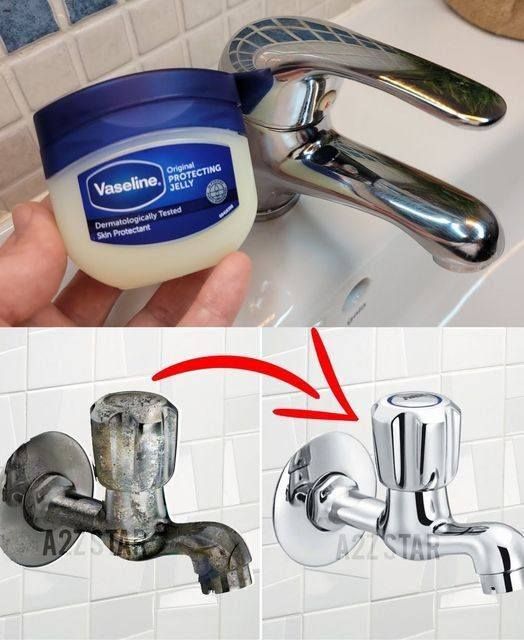
Limescale can cause some problems when it builds up on plumbing fixtures and appliances. Let’s look at some of the ways limescale can be harmful.
In fact, it can cause a restriction in water flow, as limescale can build up in pipes and reduce water flow, making it difficult to use showers, faucets, and other plumbing fixtures.
Not to mention that lime can give water a metallic taste or unpleasant smell, making it difficult to drink or cook with. As a result, lime buildup can make water less healthy, as it can contain bacteria and other unwanted substances.
In short, limescale can cause problems with water quality and quantity, as well as damage plumbing systems and appliances.
To prevent these problems, it is important to properly treat the water or use distilled or demineralized water.
Shower faucet full of limescale
Everyone loves a shower with a nice jet of water, it relaxes and gives a feeling of well-being. But what happens when limescale invades the shower openings? The water level is irreparably reduced, there are two solutions: either we change the shower head or we start thinking about how to eliminate the problem on an ongoing basis.

Lemon can be used to remove limescale from bathroom taps. To do this, cut a lemon in half and rub it on the surface of the tap affected by limestone. Then leave it to sit for 10-15 minutes so that the citric acid in the lemon can act on the limescale.

We can decide to rinse the tap well with hot water to remove any lemon residue , or scrub more with baking soda and a sponge. Finally, we can give it a new final exfoliation with a sponge soaked in white vinegar.
Once the material used has been washed under the tap, it is dried with a clean cloth to avoid stains .
This method is effective for removing limescale deposits from bathroom taps, but may not be suitable for all tap types and materials.

Before using lemon on a surface, it is important to check that it is suitable for the material and that it will not cause damage. Otherwise, you can only use specific descaling products, such as vinegar or baking soda.

